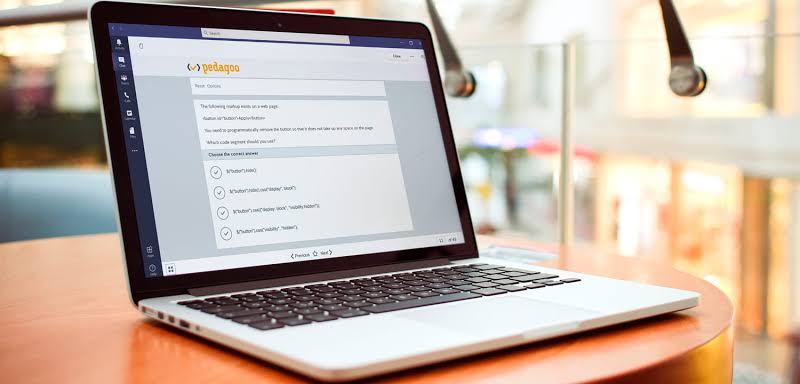Respondus LockDown: Is This the Answer to Prevent Students Cheating on Exams?

- Miss Ai
- 12 Jun, 2024
Respondus LockDown: Is This the Answer to Prevent Students Cheating on Exams?
The world has seen drastic shifts in the last few months. Our global economy has taken massive hits as people have been forced to lay down their tools and the education sector has had to find ways to cater to the “new normal” of remote learning.
The migration to online learning has led to a rise in electronic test tracking and proctoring services such as Respondus LockDown – raising significant concerns about student privacy.
One recent report published in The Washington Post highlighted exactly how intrusive these proctoring services can be. Many of the solutions employ human proctors while others rely solely on computer software.
Nevertheless, in most cases, they require some combination of the student’s camera, microphone, keyboard, and browser access. Others also use biometrics, such as facial recognition, eye tracking, and artificial intelligence, to identify students positively and monitor any “suspicious” behavior.
Some of these programs even obligate students to show their entire room to the proctor, to enable monitoring of the student screen, collect their browsing and search history, and track their keystrokes and mouse clicks.
In the world of cybersecurity, these features border on what might be called “spyware”, but in the education sector, many see it as a desperate, yet effective solution for a desperate time.
Accessibility and cost of online exam proctoring
But privacy and security issues are not the only concerns being voiced. Students and faculty are also expressing concern about many other issues, including the access, cost, and overall usability of online proctoring solutions. It is a fact that learning needs to continue despite the current challenges, but there is a severe lack of access to webcams and secure internet connections for many students now that they have to work from home.
Others indicated that proctoring services do not permit any other people to be in a room when an examination is being taken, which presents a problem for students who have partners, housemates, or other family members working from home during this time. This becomes even more relevant if students live without a single, dedicated workspace in a small house or apartment.
Time differences also play a role, particularly for foreign students who had to return home for the remainder of the year. Having to take an exam at a fixed time might mean that a student has to take the exam at strange hours in the middle of the night, which can harm a student’s performance.
Costs are another matter. In some cases, the students themselves have to pay the proctoring service a fee for every exam. It’s an additional cost that many students are unable to afford now that they have lost any possible sources of student income and have had to seek alternative last-minute housing arrangements.
Proctoring services and other platform software solutions can simplify complex issues, yet some students have also reported that the software solutions are full of bugs and that it crash their computers.
The resistance to these tools is not limited to the United States. Students in at least two Australian universities objected to the use of proctoring tools such as Respondus Lockdown and ProctorU. Students at the University of Tilburg have launched an online petition against its use in the Netherlands. At the time of writing, their petition already had over 4,900 signatures. Students at Concordia University in Canada have also added their voices to the fray.
Big brother is watching
The move to remote learning necessitated by the COVID pandemic has intensified older, pre-existing conflicts over the increasing need for surveillance at campuses across the country, from proposals to utilize student telephones as tracking devices to campus police collaborating with surveillance firms to reinforce campus security.
Several university officials have responded by pointing to the unprecedented complexity of our current situation as a justification for the increased surveillance measures. Others point to the extensive use of software vendors’ methods for proctoring and the software vendors’ assurances.
But the “everyone else is doing it” argument is precisely the kind of faulty reasoning that should not be encouraged. While it may make sense to shift the burden to vendors from risk management or legal compliance strategy, it shows very little regard for the real issues at hand, namely privacy, security, accessibility, and equity.
Leave a Reply
Your email address will not be published. Required fields are marked *
Search
Category
Gallery
Tags
Social Media
Related Posts
TEAS Quick Tips Prior to Exams
- Miss Ai
- 13 Jun, 2024












